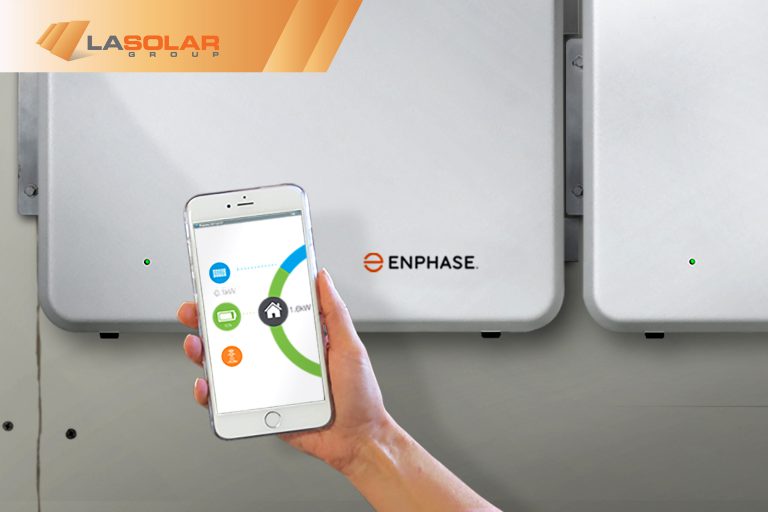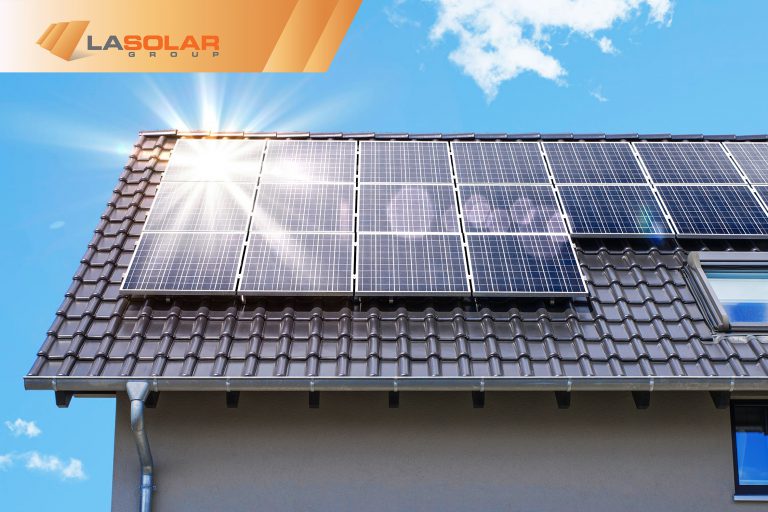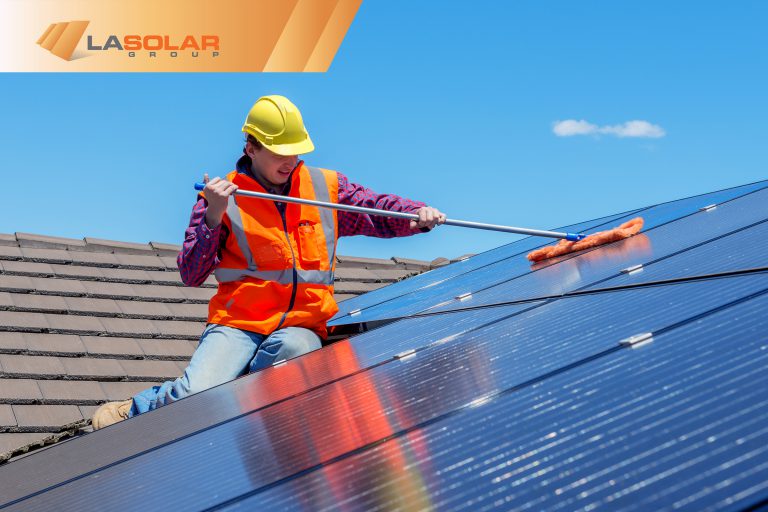Best Solar Pool Heating System
A backyard pool can be a wonderful method to cool off during hot summer days, however too cold water can cause serious problems. It can be difficult to bring a pool up to a comfortable temperature, especially in the early summer and situated in a shaded spot. There are solar pool heaters readily available to warm up cold water, and also stop the shivering.
The heaters consist of large solar panels that can be fixed on the roof or ground of a house. Every solar panel gets heated up by water via channels.
Installing a solar heater for your pool can dramatically reduce expenses for heating the pool. Solar pool heaters are cost-competitive with heat pump and gas heaters, as well as have lower operating costs. Solar pool heating can be one of the most cost-effective methods to make use of solar energy in certain climates.
Solar Pool Heating Industry
Did you notice that the ideal temperature of water for swimming is somewhere between 26 and 29 degrees Celsius? You will have to rely on the use of a heating system for your pool to accomplish this.
With this in mind it is possible to recommend solar heating of pools. For starters, it makes sense. Another benefit is that it’s affordable. And lastly the environment is also a factor! the environmental!
A solar pool heater can be a great investment if you’re trying to extend your swimming season, cut down on cost of energy, boost its value on your home and decrease the carbon footprint of your home. How do solar pool heaters function?
Here are the most common elements of solar heating systems:
- A solar collector - A device that circulates water in the pool to provide heat to the sun.
- A filter is used to remove any debris from the collector before it is moved through.
- Pump - pumps heat water through the collector and filter and then back to the pool
- An flow control valve either an automatic or manual device, which diverts water from the solar collector.
The filter removes the water from the pool and heats it before returning it back to the pool. The collectors, which can be used in hot climates to cool the pool during summer months, circulate the heated water through them during the night.
There are sensors that are able to turn off water from the collectors when it becomes excessively hot in the pool. If the collector temperature is similar to that of the pool temperature, then the filtered water is simply removed and returned to the pool.
There are many substances that can be used to build solar collectors for pools. The type of solar pool collector you require will be determined by the climate you live in and the method you choose to utilize it.
Unglazed collectors are the best for those who will not be swimming in temperatures that are above freezing. Unglazed collectors don’t include a glass covering (glazing). To prolong the lifespan of solar panels they are typically made of rubber or plastic with an ultraviolet light inhibitor.
Collectors that are not glazed are generally less costly than glazed collectors due to their cost-effectiveness and simplicity.
If the system is designed to drain into from the pool area, non-glazed systems will work in cold climates. Collectors without glazing can be more affordable than installing a glazed collector regardless of whether the system is closed during cold weather.
Perfect Solar Pool Heaters
They also last longer as compared to heat pumps as well as gas. Many factors will influence the price and return on investment. Therefore, before you purchase and install a solar pool heating unit it is crucial to do these things:
- Assess the solar potential of your site
- Find the ideal size for your system
- Find the right orientation and tilt of the collector
- Examine the effectiveness of your system
- Check out the cost of various techniques
- Review the local laws, ordinances and rules.
- Assessing Your Site’s Solar Resources
Before you purchase and install a solar swimming heater, think about the solar power available to your site. The amount of sunlight reaching your site will determine the efficiency and design of your solar heater for the pool.
Solar heating systems for swimming pools make use of both the direct sunlight as well as diffuse. Even if your location isn’t completely in sunlight throughout the day, it could still be able to harness enough solar energy.
If your area is usually sunny and has no shade, then it could be a good candidate to install an energy-efficient solar heating system for your pool. A local solar installer or supplier could conduct a site analysis.
Types of Pool Heaters
There are three primary types of pool heaters available: solar, electric heat pump and gas. Each type of pool heater comes with its pros and cons.
Gas Pool Heaters
Natural propane and gas are the fuels that are used to heat gas pool heaters. These heaters are quick to heat your pool, but they’re not the most efficient. They are the most costly way to heat your pool. The heater heats your pool’s water through the burning of gas. While this heater is quicker than other heaters, they can be costly to run regularly.
Pool Heater with Electric Heat Pump
The heater makes use of a refrigerant cycling to heat the air then place it into your pool. A copper coil’s refrigerant absorbs heat and turns into a gas. It then moves to a compressor. The compressor elevates the gas temperature and then it moves to a condenser. While this heater is less cost as gas heaters, it will take longer to warm your pool. It takes greater energy in order to cook your pool water if it is cold outside. It requires more energy to warm your pool if you reside in an area that is colder. This can increase your energy costs. Although they are far from being the best option for energy consumption, electric heaters leave a lot to be left to be desired in terms of eco-friendliness.
Solar Pool Heaters
Solar pool heaters are more efficient than electric or gas heating systems. They rely on sunlight to heat your pool.
Solar pool heaters utilize panels to heat the pool water and collect sunlight. Solar collectors are set on your roof , with the best orientation towards south. Before water can be moved into the collectors it has to pass through a filter just like other heating systems. This heats the water, before it’s transferred to your pool.
Solar pool heaters have a higher efficiency than gas or electric heating systems. They utilize the sun’s radiating energy, and require only a less energy. Solar heaters are a only a fraction of the price that electric and gas pool heaters cost. Solar pool heaters offer an efficient, effective and sustainable pool heating system.
Best way Solar Pool Heater
Solar pool heaters are the most eco-friendly solution to heat your pool. Solar pool heaters can reduce your carbon footprint and reduce your utility bills without sacrificing the efficiency of your pool or your swim season.
We emit fewer emissions. A solar heater does not burn propane or gas in order to warm water. It does not emit harmful emissions. California is an example. California has laws governing gas pool heaters and their emission levels.
The emission of nitrogen oxide from gas pool heaters is known as “emissions”. However, the amount released into the atmosphere is dependent on the particular equipment. These rules and regulations are designed to limit the emission levels that an electric pool heater emits in order to preserve the environment. All in all, gas pool heaters may be the least environmentally-friendly pool heater.
No wasted fuel. The size of your pool determines the amount of fuel you require or how much power you use to heat it. Even with pool covers that conserve energy, cooler temperatures mean that you’ll need to warm your heater more often when you plan to take a dip.
Gas heaters for pools can be less effective over time. They require more energy and maintenance to keep the water warm. A heater for the pool that heats your pool can consume a significant amount of electricity. It can also depend upon the conditions of weather.
Panels of solar heater are maintenance-free and can be more durable than roofs they are installed on. Solar pool heaters, on the other hand, is more efficient because it uses sunlight to generate energy.
Energy saving. Solar pool heaters like we’ve already mentioned are more efficient and last longer than gas or electric pool heating systems. Solar panels installed on your roof won’t require you to replace broken coils or compressors. Costs for replacement can quickly add up as well as the cost of electricity and fuel.
Solar Swimming Pool Heating system
The size of your pool, the location , and how you intend to utilize the pool throughout the year will all play a role in choosing the best eco-friendly solar pool heater.
A solar pool heater can make a huge difference to your dollars if you live in an area that gets all year round sunshine. You can even get tax incentives and tax breaks in some states when you install solar energy at your home.
The size of your pool, the electricity rates in your area , and the amount of sunlight the pool is exposed to will determine the type of solar pool heater you require. If you intend to make use of your pool to have fun, you may not require a high-end heater. If you have a bigger pool or require a particular temperature, then a better solar heater is a great option.
It is possible to use your heated pool year round after you have installed the solar panels. You’ll get a better return on your investment when you take care to maintain your solar panels well.
How to Size a Solar Thermal Pool Heater
There are a variety of factors which influence the size of the solar pool heating system. The size of the pool
- Swimming season length
- Average regional temperatures
- You need a pool that feels comfortable
- Site’s solar power source
- The tilting and orientation of collectors
- Collector efficiency
- Coverage for the pool
To determine the system’s specifications and size of collectors, solar system contractors utilize computer programs and worksheets.
The solar collector’s surface area should be equal to 50%-100 percent of your swimming pool’s surface. You might need to increase the proportion of your collector’s area and the surface area of your pool in colder or cooler regions. The swimming season can be extended by increasing the collector square footage.
An area of 15 by 30-foot Florida outdoor pool requires the use of a collector which is equal to 100% of its square footage in order to be in use all during the entire year.
This is 450 square feet of collectors. Northern Californians have swimming pools outdoors for 6-8 weeks each year. Therefore, they size their pools at 60-70 percent of the area of the pool.
You can reduce the collector area in any weather by covering your pool.
A pool pump that is properly sized is also required for solar systems. You might need to replace a traditional solar pool heater system with solar power.
Cost to Install Solar Pool Heaters
It is possible to compare and estimate the costs of various solar collector models prior to deciding to buy a solar pool heaters unit. This allows you to estimate the savings by investing in a more efficient solar collector, which may require less solar panels to heat your pool.
These are the things you should know to estimate and compare costs:
- The thermal performance rating of collectors (Btu/day).
- The total number of collector solar panels and piping required to heat your pool
- *Total cost of the system.
Proper Installation and maintenance
There are many factors that influence the installation of an solar pool heater. The factors that affect this include the solar resource and/or climate; local building codes, and safety issues. It is best to work with a certified professional to install your system.
Ask these questions when interviewing potential contractors for Pool Solar Panel Installation
- Does your company have experience installing and maintaining solar heating systems?
- Select a company that is top in solar pool heaters and has years of experience in the installation and maintenance of the system you select.
- What solar installation and maintenance experience are you able to provide?
- Experience counts. Ask for references from past customers.
- Are you a certified or licensed company?
In some states, having a certificate as a plumber or the solar installer is mandatory. For more details, contact your local city or county. Contact the licensing body in your area for confirmation of licensing. It is also possible to complain about state-licensed contractors before the licensing body.
Best Solar Heaters
Choose a solar heating company with experience in setting up and maintaining the system you select.
Maintenance costs can be virtually eliminated if your solar heating system for your pool is correctly installed. The solar heating systems installed by a professional are able to perform at their peak and will save you cash on repairs in the future.
The solar panels used to heat the solar pool will last for longer than the ones on the roofs. Our systems are customizable to meet your needs.
You also can be sure that the system you purchased meets warranty requirements. If the system is set up through an approved dealer the entire cost of labor is covered under the warranty.
LA Solar Group, a distributor of solar thermal as well as solar electricity, offers a wide range of solutions for residential homes as well as large-scale commercial projects. LA Solar Group, solar panels for heating pools are covered by a lifetime warranty and do not require recurring maintenance.
LA Solar Group allows you to combine the solar pool’s heating system with your electric system at home for optimal energy efficiency along with cost savings.
We are able to repair and service existing pool solar panels. Precision Solar offers professional pool solar heating system repairs at affordable prices.
We are specialists on the setup and repairs of solar electrical (PV), pool heating, and hot water. Call us today for a free analysis to learn how LA Solar Group can help you.




